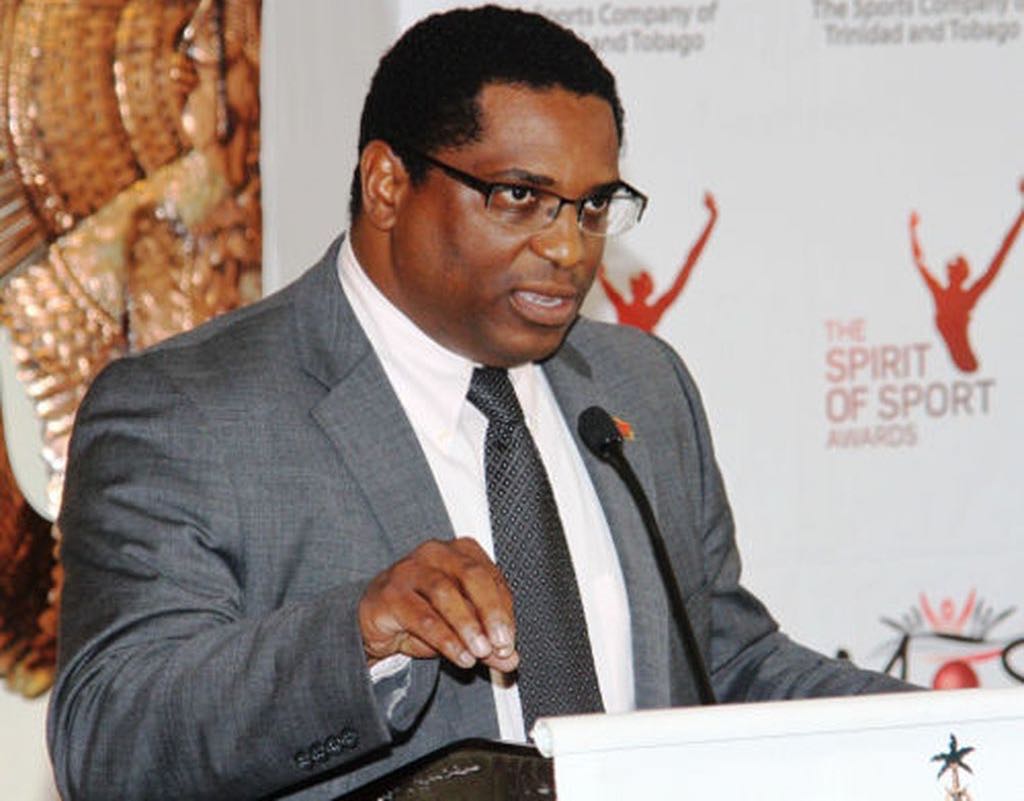The following was written as a Letter to the Editor by former general secretary of the Trinidad and Tobago Football Association, Sheldon Phillips, on the current impasse between the sidelined TTFA executives and world governing body, FIFA.
The greatest place to be is at a World Cup during the first week of competition. It is a time when the excitement of the trip, anticipation of matches, interaction with fans from all over the world, and the festivity of the event is at its highest.
Having experienced this euphoria three times each in different capacities—1994 as an executive for the Washington DC Venue, 2006 as a spectator and 2014 as general secretary for a member association—it was the 2006 tournament that provided the most gratifying sporting moment I’ve ever experienced.
For those who went through the agonising disappointments of the 1974 and 1990 World Cup qualifiers, seeing our country’s players and flag amassed at midfield alongside Sweden’s players must have raised pores. For many, including myself, hearing the national anthem play on that sunny June afternoon in Dortmund lifted our spirits to heights not experienced since. What also made that moment special was it provided an opportunity to spend two weeks driving around Germany, immersed in world class football, and its culture with my father; an unforgettable time I will forever treasure.
Fast forward to 2020 and it’s safe to say the prospects and performance of T&T football have greatly diminished since 2006. Though 2012-2015 witnessed a brief resurgence of our national teams, the organisation and its programmes have since fallen into a desperate state. Like many, I have watched with growing sadness and concern at the expanding impasse between FIFA and ousted TTFA executives.
Having served football in various capacities for over 30 years, I am acutely aware of the serious consequences this completely avoidable conflagration can inflict on the development of the local game. However, the combatants seem to be oblivious or perhaps not empathetic enough to recognise the trauma being heaped upon an already battered and abused corps of players, coaches, and referees.
One has to ask; is FIFA’s sabre rattling accompanied with the threat of suspension or expulsion really the most constructive approach to take against a troubled organisation?
Does the ousted TTFA executive team really believe they have the right to volunteer the dreams of current and future generations of footballers and coaches as collateral damage?
Can it be credibly accepted that a team consisting of a successful captain of industry, a banker, and a lawyer is unable to find a way to communicate with stakeholders whom they have pledged to deliver desperately needed assistance?
The truth is none of the actors in this saga have bathed themselves in glory or can claim the prospects of the game are better today.
Past the point of right or wrong
The prospect of FIFA, the ousted TTFA executives, and the Normalisation Committee reaching an amicable resolution in their increasingly toxic and expanding impasse can still be achieved.
All sides would have to initiate a reasonable offering as a sign of good faith. A prudent place for FIFA to start is to cease its threats of suspension or expulsion of the TTFA, while the ousted TTFA executives can remove their High Court substantive claim and refile said claim with CAS. As for the Normalisation Committee, its Chairman can engage in substantive and meaningful communication with TTFA members and all its staff on a regular basis. Once such steps of reasonable accommodation are taken, a noticeable reduction in tension should follow. The advancements of those aforementioned offerings can provide each side an opportunity to take a step back from the proverbial edge.
FIFA is the world governing body of football; when it sneezes, its members catch a cold. Showing restraint in its language and actions will do little to undermine its authority as FIFA will always have the right to bring its members in line with its statutes and regulations. More importantly, favouring restraint over force will do more to underscore FIFA’s legitimate interest in helping all its members develop football in their respective territories.
The ousted TTFA executives’ removal of the claim from the High Court will preserve its asserted rights as proscribed in the FIFA statutes without placing the organisation; which they still hold a duty to protect, in the path of direct liability.
Lastly, the Normalisation Committee can establish its local relevance through respectfully acknowledging the very people who are key to the organisation’s overall performance; specifically the players, coaches, and referees.
Principle-based leadership from all sides is what is called for rather than the transactional leadership we see all too often—leading to not benefit yourself but to benefit others. When stakeholders approach an impasse in good faith and with the mindset of principle-based leadership, the chance of resolution to the reasonable satisfaction of all parties will significantly increase. The end product will be a much better foundation to launch proper and sustainable reform of not only the TTFA, but also, its member associations.
Hopefully, recognising the folly of this unfolding and impending tragedy will inspire wisdom to prevail to de-escalate the tension and forge a new beginning that values the main pillars of the game; our players, coaches, and referees. But first, we must undo the Gordion Knot constructed by those who seem to have forgotten why we all love football. It will require humility, mindfulness of others, and a willingness to acknowledge that being right is often overrated.

